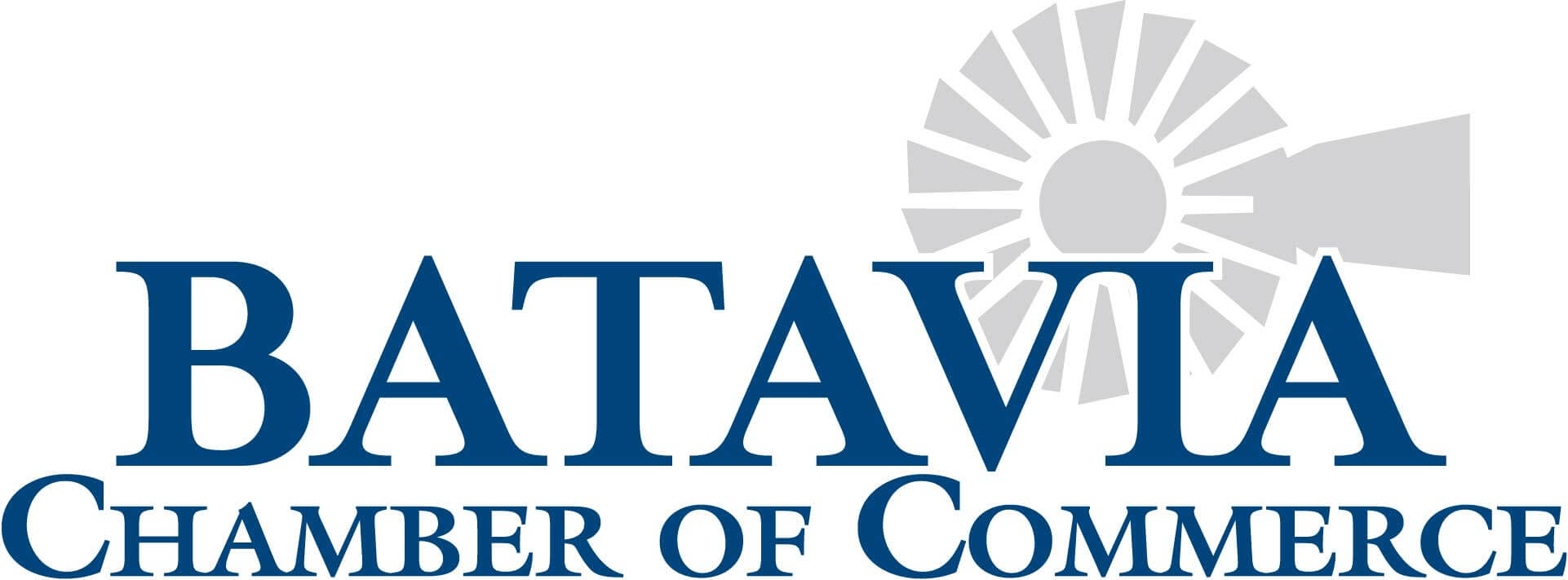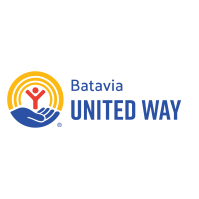Working – and Still Falling Short: 3 in 8 Workers in Illinois’ Most Common Jobs Struggle to Get By
New research zeroes in on households living paycheck to paycheck, yet often with income that’s too high for assistance
BATAVIA, ILLINOIS – In 2023, 37% of workers in Illinois’ 20 most common jobs lived in households that couldn’t afford basics, according to new data from Batavia United Way, Fox Valley United Way, and their research partner United For ALICE. These workers – the backbone of every community – include personal care aides, cashiers, cooks, waiters/waitresses, and fast food/counter workers.
The State of ALICE in Illinois reveals that traditional measures of poverty have severely undercounted the number of households Kane County that are living in financial hardship. While 8% of all households in the Kane County lived in poverty in 2023, the new research shows that 29% – more than three times as many – were ALICE® (Asset Limited, Income Constrained, Employed). Combined, 37% of Kane County’s households fell below the ALICE Threshold of Financial Survival in 2023, up from 34% in 2021/2022.
ALICE households bring in less than the basic costs of housing, childcare, food, transportation, health care and technology, plus taxes. Yet because their income is above the Federal Poverty Level, they often don’t qualify for assistance.
“When we underestimate how many households are struggling, we underestimate what it truly takes to build thriving communities,” said Kathy Evangelista, Batavia United Way Executive Director. “This means entire families and essential workers may be overlooked for support, left without the resources they need to stay healthy, achieve financial stability and reach their fullest potential. That’s a loss not just for ALICE, but for all of us.”
The crux of the struggle for ALICE families is the gap between wages and expenses. In 2023, a family of four in Kane County needed $84,444 just to cover the essentials – nearly three times the Federal Poverty Level of $30,000. Yet even with both parents working full time in two of the state’s most common jobs – a personal care aide and a laborer – this family’s combined income still fell short of the cost of basics by $14,704.
The State of ALICE in Illinois also reveals that in 2023:
- Illinois ranked 13th in financial hardship among all 50 states plus the District of Columbia, with one of the nation’s lower percentages of households struggling to make ends meet.
- Some groups face financial hardship at disproportionate rates, with 71% of the youngest and 47% of the oldest households in Kane County falling below the ALICE Threshold, compared with 33% of households headed by someone age 25-44.
- Additionally, single-person-headed households with children in Kane County experienced increased financial hardship with 82% of female-headed households and 62% of male-headed households falling below the ALICE Threshold.
- Housing continues to be an obstacle for struggling families. Among households below the ALICE Threshold in Illinois, 70% of households that rented and 58% of those that owned were rent and housing burdened – meaning they paid 30% or more of their income on rent and housing costs.
“ALICE families are especially vulnerable during natural disasters and times of economic uncertainty and yet often feel unseen or left behind,” said Stephanie Hoopes, Ph.D., National Director at United For ALICE. “By providing a name and a way to quantify these households, we’re equipping communities with the data to build solutions that offer better choices and real pathways to stability.”
More state and local data is available through the interactive dashboards on UnitedForALICE.org/Illinois.
About Batavia United Way
For more than 95 years, Batavia United Way partners with the local community to co-create solutions to people’s most pressing challenges. We take a comprehensive approach, listening and responding to local needs. With our community partners, Batavia United Way is creating opportunities for pathways to better healthcare, expanding youth opportunities, providing financial security, and building a more resilient community. As part of a global network of more than 1,000 United Ways, we help to share innovations and scale to improve lives around the world. Together, we’re working towards a future where every person and community can thrive. To learn more, visit www.BataviaUnitedWay.org
About United For ALICE
United For ALICE is a U.S. research organization driving innovation, research and action to improve life across the country for ALICE® (Asset Limited, Income Constrained, Employed) and for all. Through the development of the ALICE measurements, a comprehensive, unbiased picture of financial hardship has emerged. Harnessing this data and research on the mismatch between low-paying jobs and the cost of survival, ALICE partners convene, advocate and collaborate on solutions that promote financial stability at local, state and national levels. This grassroots ALICE movement, led by United Way of Northern New Jersey, has spread to 35 states and the District of Columbia and includes United Ways, corporations, nonprofits and foundations in Alabama, Arkansas, Colorado, Connecticut, Delaware, Florida, Georgia, Hawai‘i, Idaho, Illinois, Indiana, Iowa, Kansas, Kentucky, Louisiana, Maine, Maryland, Michigan, Minnesota, Mississippi, New Jersey, New Mexico, New York, North Carolina, Ohio, Oklahoma, Oregon, Pennsylvania, South Carolina, Tennessee, Texas, Virginia, Washington, Washington, D.C., West Virginia and Wisconsin; we are United For ALICE. For more information, visit: UnitedForALICE.org.
Batavia United Way
-
Kathy Evangelista Executive Director
- May 09, 2025
- (630) 877-2780
- Send Email


